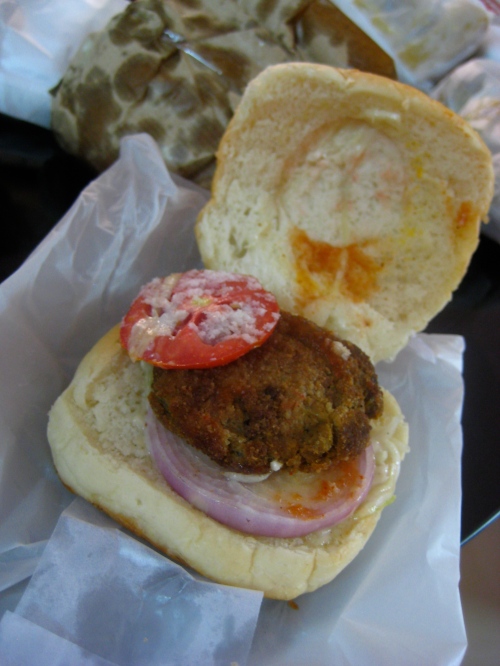I honestly think some of my cousins in India think I am a complete numskull.

Pluralism/diversity causes misunderstandings. An inability to understand the world, thoughts, worldview of someone from somewhere else. It causes conflict in the states. But I enjoy this diversity. I enjoy growing up with so many people and knowing their heart and their mind. When you know someone, you don’t think about their skin color or worry too much about “where they’re from.” You just appreciate them as a person, as someone like you.
Race is a human construct. Latino is not a race or even a color. Neither is the state of being black. News anchor Soledad O’Brien is culturally black, even though she is not deeply pigmented as such.
“Don’t let them tell you you’re not black,” her mother tells her. “Don’t let them tell you you’re not Hispanic or not Cuban.”
I don’t like checking my “race” on surveys. It waters down, mocks and misrepresents who I am.
I want to tell you who I am. Part of who I am. My roots. Raices.
I admire culture and the sense of community and resourceful engendered by many cultures. This is potentially my ignorance speaking, but I see most countries as very similar. Most countries outside of the United States and Europe. I see a sense of understanding of community. This exists in small towns in the states, too. I enjoy talking to people who grew up on a farm. It whispers parallels with my forebears in India with their chickens and goats and crops all around.
My India is not your India. It’s like the parable of the elephant and the four blind folks. One feels the trunk, the other feels the feet; one feels the tail, the other feels the belly.
Everything is different in Kerala, isn’t it?

I stood on a hill in Kozhencherry with my cousin Tijo. As we overlooked the city, I told him, “Do you realize you live in the most beautiful place in the world?”
I never wanted to be anything but what I am. Of Indian descent. Though I did want to be black for sometime. I think you end up wanting to be the people you’re around. I loved dark skin. Keralites were known for their dark skin. Mine wasn’t dark, though I wished it to be. It wasn’t until later I realized that some people are taught to look down on dark skin, which to this day I do not understand. It wasn’t taught in my household.
I remember the first time I learned about skin color.
Image Credit: http://www.flickr.com/photos/andreanna/2779781360/









